Drywall is widely used in construction and finishing. It consists of two sheets of compacted paper with a special gypsum composition pressed between them. Often, to increase the strength, a sealing mesh is glued between the sheets of paper. It prevents the entire material from crumbling when deformed. It is excellent as a facing material for attaching to a wall. It serves as working partitions separating office spaces.
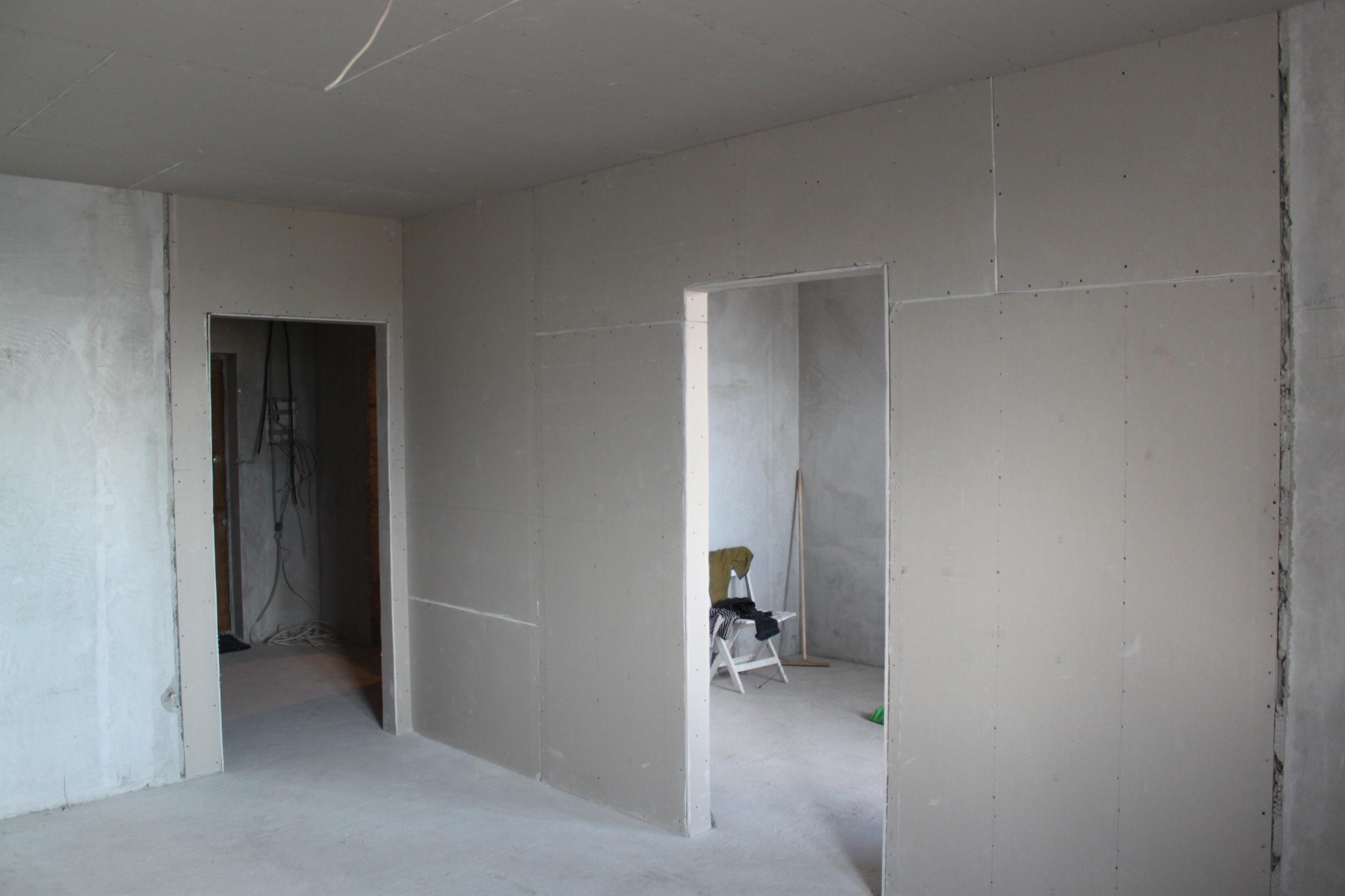
This material has many advantages - it is flexible, universal in application, very light in weight and does not require long preparation for work. It is fastened in many ways. It can be transported in large batches, it takes up little space.
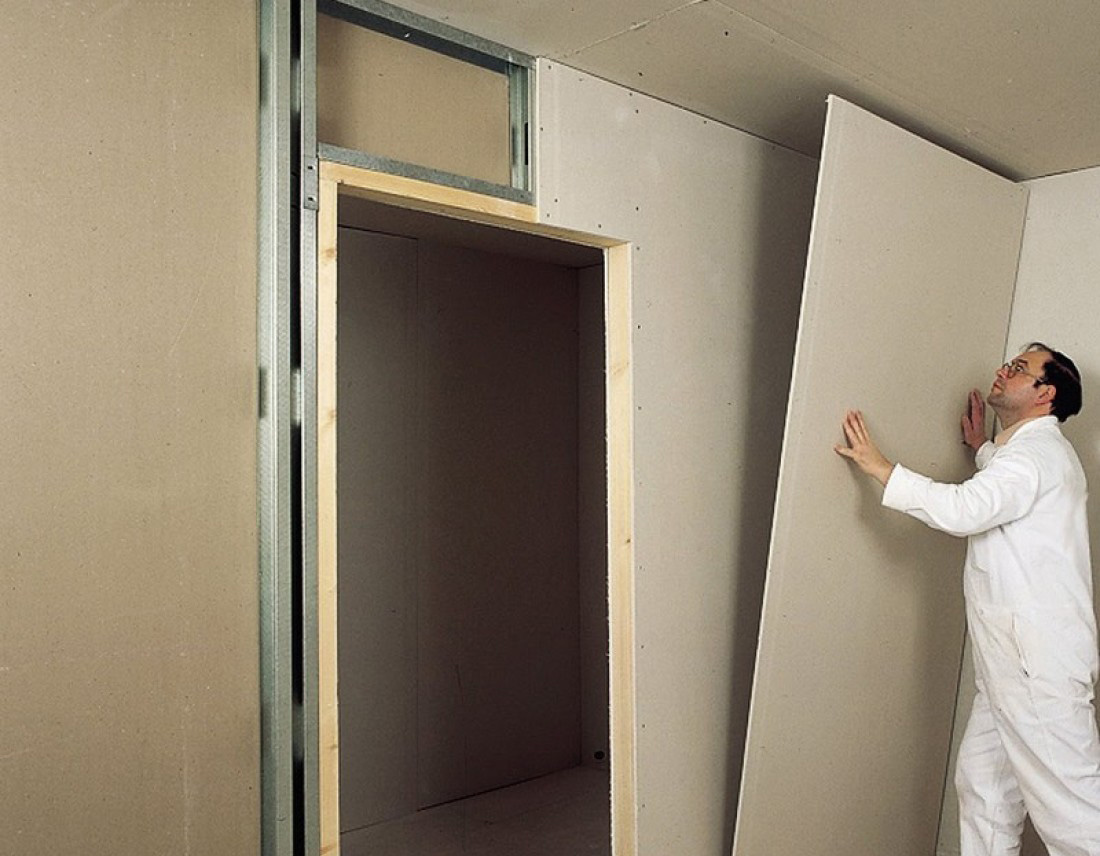
Drywall has one drawback - it is very fragile and does not withstand serious mechanical loads. This is due to the natural fragility of gypsum. To install some types of kitchen furniture on it, a special approach and knowledge of the matter are required.
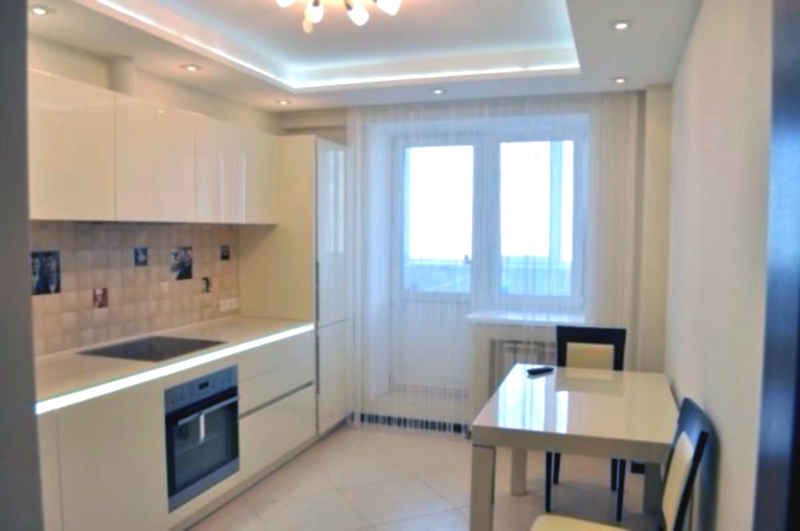
Content
- Materials and tools needed to install drywall to the wall.
- We attach light objects to plasterboard
- Supports that support plasterboard
- How to install heavy object mounts on plasterboard walls?
- VIDEO: Hanging cabinets using a mounting strip and universal hinges.
- VIDEO: How to hang a cabinet on plasterboard. An unconventional solution to the problem.
Materials and tools needed to install drywall to the wall.
The most important thing is to choose reliable fasteners and hangers. There are many fasteners suitable for plasterboard. The difference lies in the type of furniture you are going to attach.
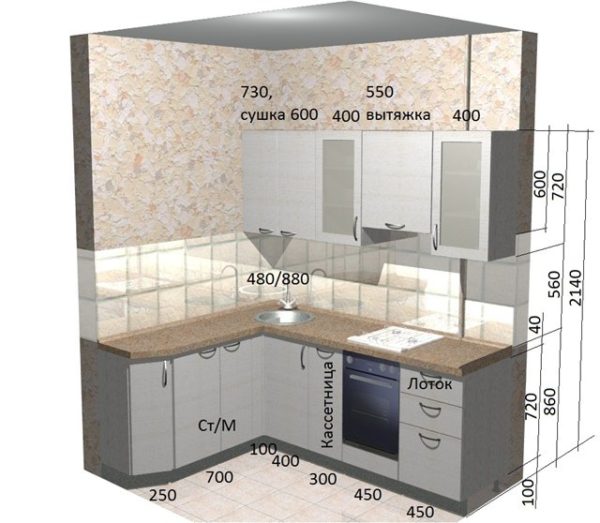
You will need the following tools.
- Anchor bolts.
- Retractable mounts.
- Internal technological supports.
- Intermediate slats.
- Suspended structures.
- Metal and synthetic ropes.
- Dowels.
- Various hooks and loops.
- Roulette.
- Pliers and nippers.
- Knife.
- Hammer or rubber mallet.
- Phillips screwdrivers of different sizes.
- Bit.
- Carbide Tipped Drill (12mm)
- Drill.
- Spatula.
- Level or special plumb line.
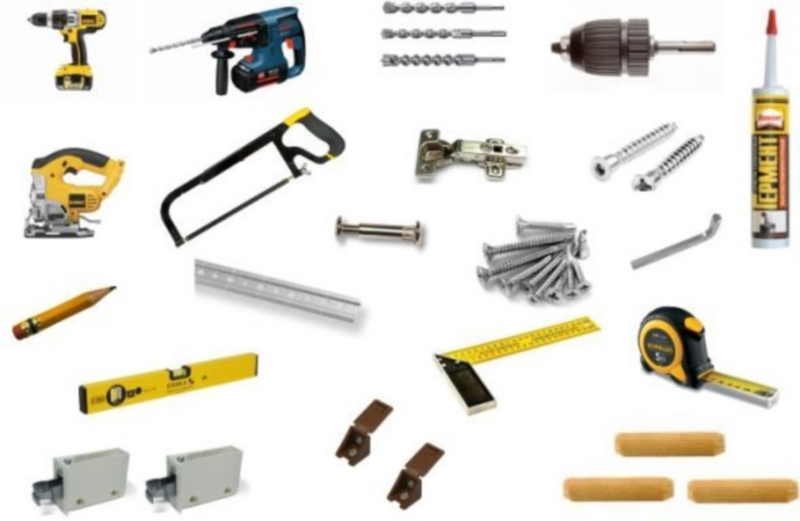
If you have the desire and sufficient experience, you can make fasteners no worse, but it will take much more time.
We attach light objects to plasterboard
Lightweight items include shelves, paintings, decorations, and hanging clocks. Drywall is a soft material, so self-tapping screws that make grooves in low-hardness surfaces on their own are suitable for it. A regular Phillips screwdriver is suitable for screwing them in.
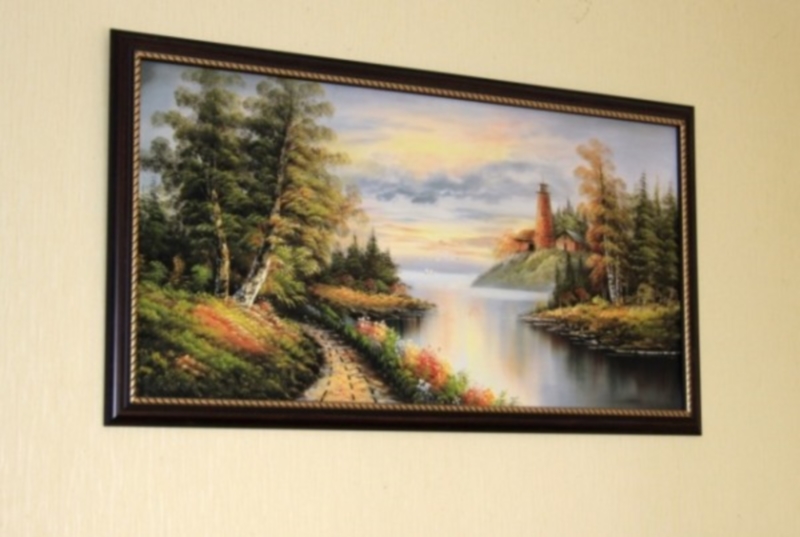
Then simply screw the item or hang it on the resulting hook.
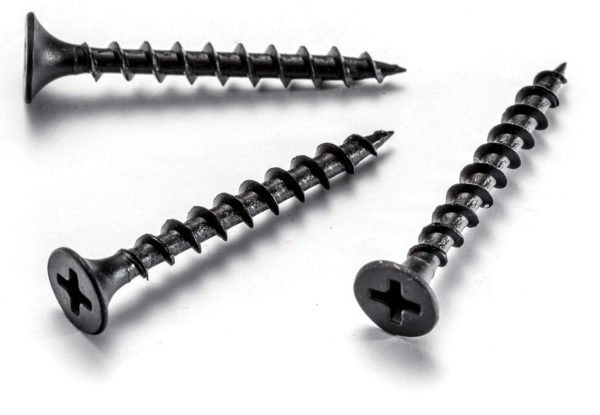
The dowel itself must be screwed in very slowly and deliberately. It should not pierce the wall all the way through or make a smooth groove for itself, in which there will be nothing to catch on. Control your force so that the dowel gently sinks into the dense plasterboard, without breaking through its back wall.
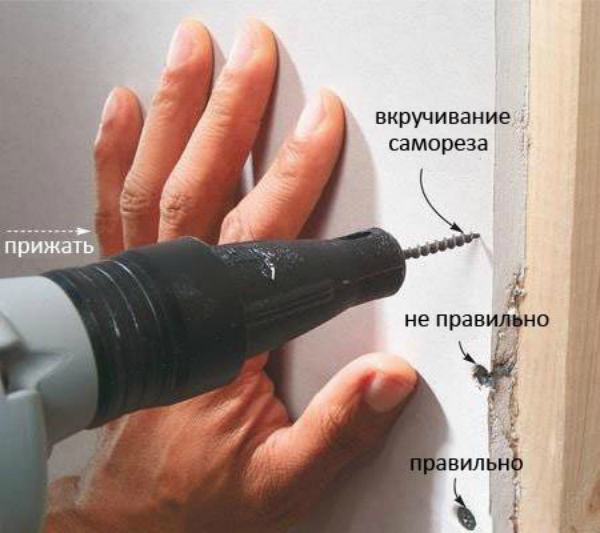
The result is a plastic hole of a certain diameter. A self-tapping screw of a slightly larger diameter is screwed directly into the hole. They usually come complete with dowels.
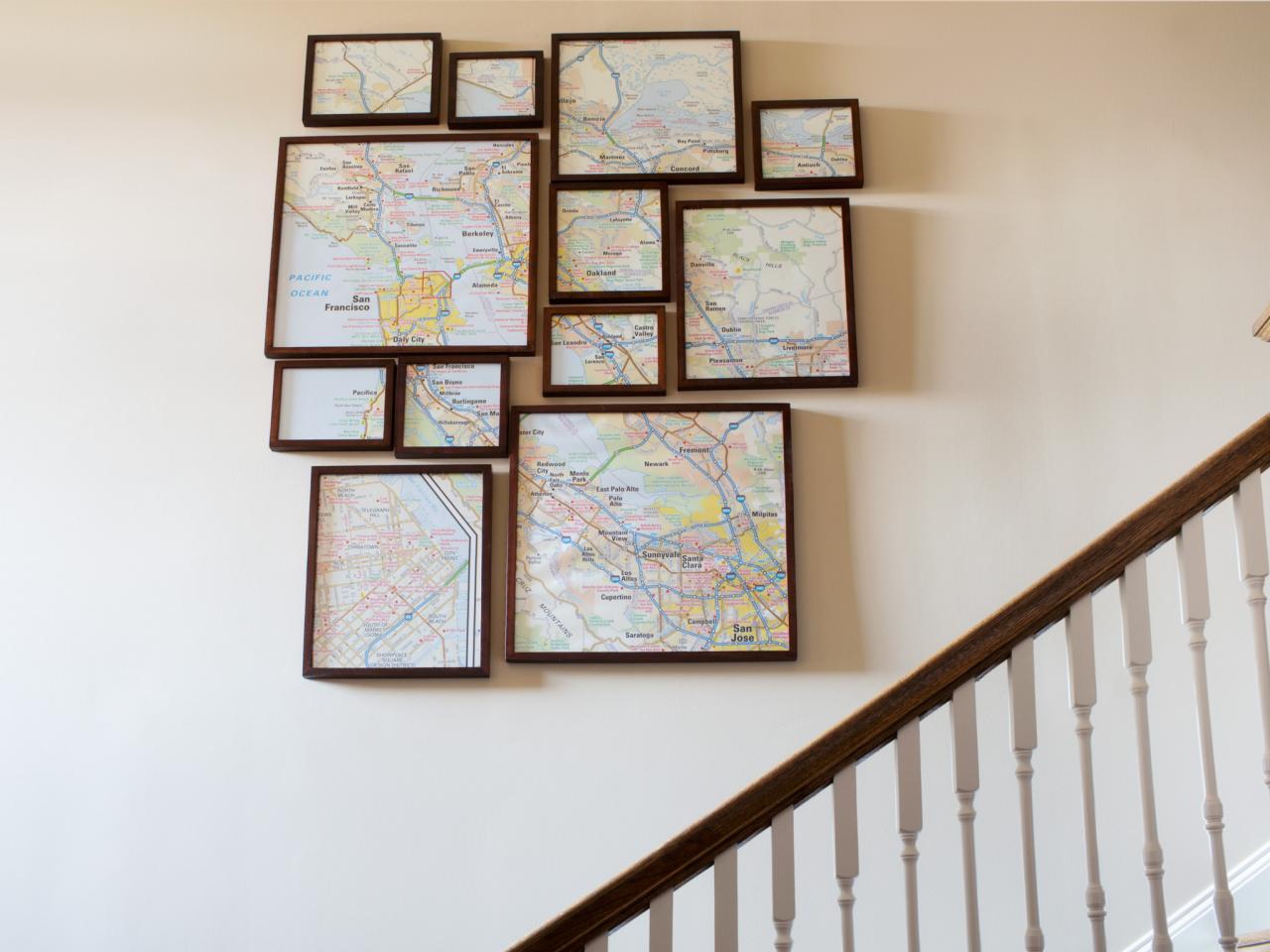
For a wall cabinet, you will need clear markings. It is best to draw with a pencil, using a ruler and a compass. Umbrella-shaped dowels have sliding legs that increase the area and strength of the fastening. To fasten in this way, you need to drill a hole into which the dowel can fit with a slight stretch in the folded state.
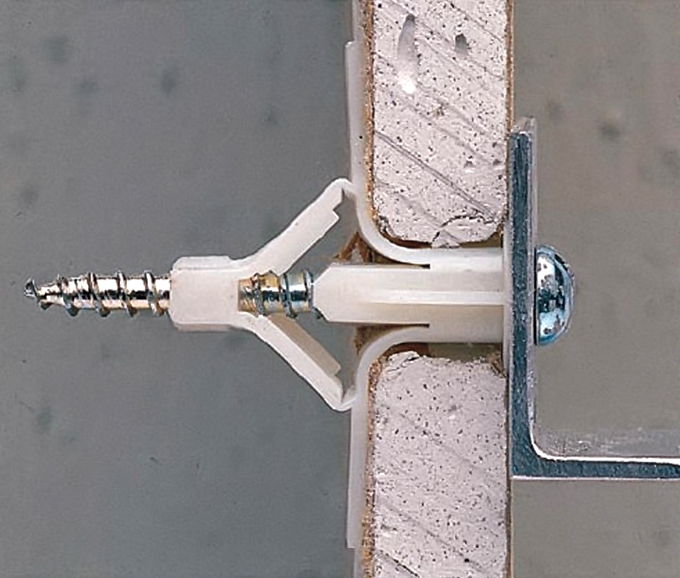
Make sure that the dowel does not slip into the hollow part of the partition. You can also insert the dowel directly with the screw.
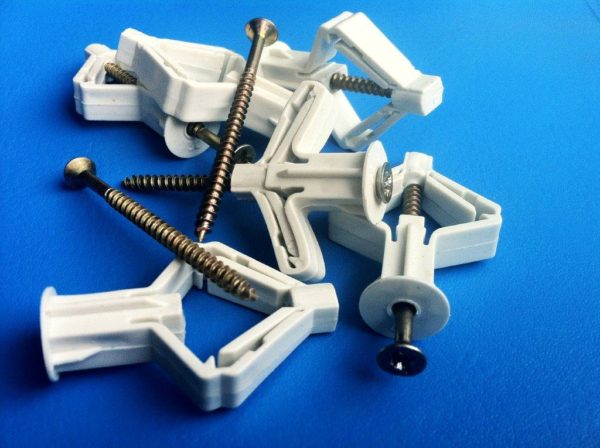
Accurate marking is the key to a good design. Do not rely on massive dimensions of the hinges and the cabinet panel. It is better to mark everything on the wall. Start by marking the location of one hinge. Then, using a degree and a tape measure, measure a straight degree and build the lines to each other.
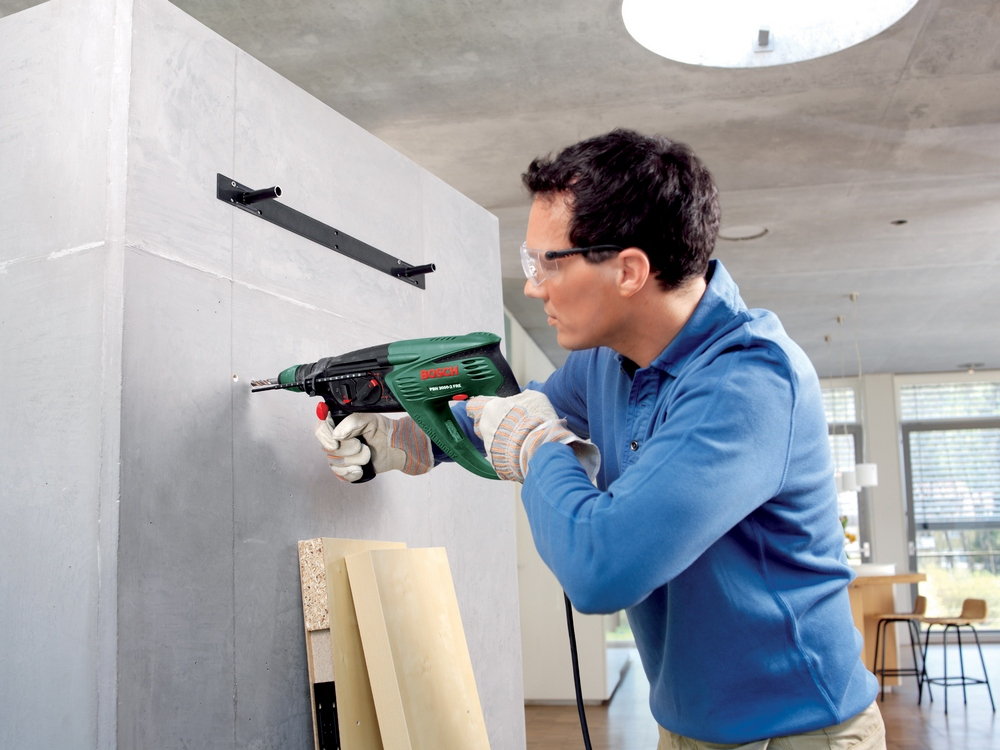
Supports that support plasterboard
Drywall does not have sufficient strength to support heavy structures. Therefore, initially at the design stage, it is necessary to prepare a supporting frame.
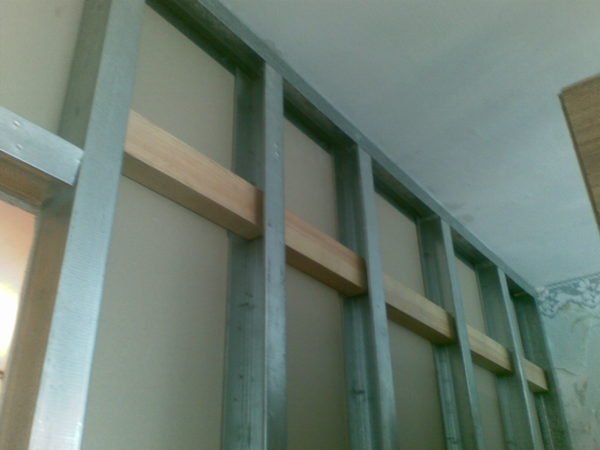
Plan where the furniture will be hung and how the overall kitchen interior will look. The embedded parts are installed for a long time, so if you make a mistake, it will be difficult to dismantle them back. It is better to do everything at once.
Follow these instructions and you will avoid problems.
- Purchase wooden beams that are the same width as the gap between the drywall and the wall.
Prepare them from the very beginning, as they are the supporting element of the entire structure. - The next step is to accurately mark the location of the cabinets. It is important that the weight is evenly distributed across all the wooden slats. Determine the exact location of the fasteners and begin installing the bookmarks on the beams.
This is an easy process, even a beginner in construction can handle it. - Prepare anchor screws. This bolt fastens wooden beams to plasterboard. Make sure that the bolts have hidden heads. This is necessary so that the bolt head does not sink into the material.
An anchor screw is a metal bolt threaded through a threaded washer. This is done using metal profiles. The washer, in turn, is located in a metal cavity. When the bolt is screwed in, the cavity expands, putting pressure on the walls of the hole in the drywall. This method of fastening is perfect for gypsum, since when compressed, its density and hardness increase significantly. This effect is called monolithicity. In addition, the anchor bolt creates friction, making it almost impossible to break it out. You can additionally fasten the ends of the bars together.
- If you plan to attach particularly heavy furniture, you will need to use metal sheets attached to the joists.
They are held in place with self-tapping screws and will significantly strengthen the overall structure. - If you have done all the procedures correctly and consistently, you can be sure of the strength of the structure. It will withstand even the most crowded kitchen cabinets.
How to install heavy object mounts on plasterboard walls?
If the wall has already been installed before you, you need to identify the load-bearing slats of the structure. They are located behind the plasterboard sheet, so you can’t see them with your eyes. Use a regular magnet.
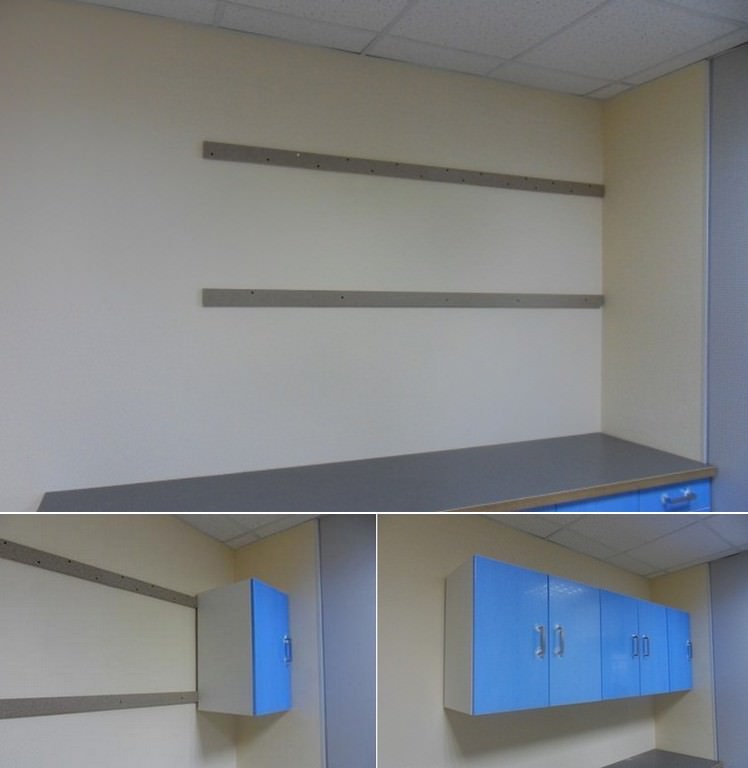
The next step is to choose the installation method. If the original cabinet hinges are not compatible in distance with the profiles, you need to attach an additional rail to the frame, and then attach the hanging kitchen cabinet to the rail. The ideal solution is to stretch the bar along the entire length of the furniture. In this case, the weight will be evenly distributed and the likelihood of breakage is reduced. When hanging cabinets, the metal rack will take the main load.
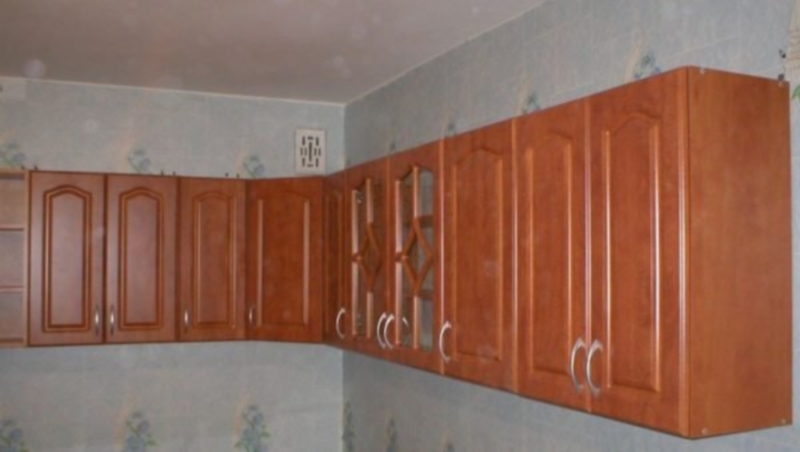
For particularly heavy loads, anchor bolts are used. Using a milling machine, a hole is made in the wall, through which a bolt is threaded and secured. It is attached directly to the load-bearing wall.
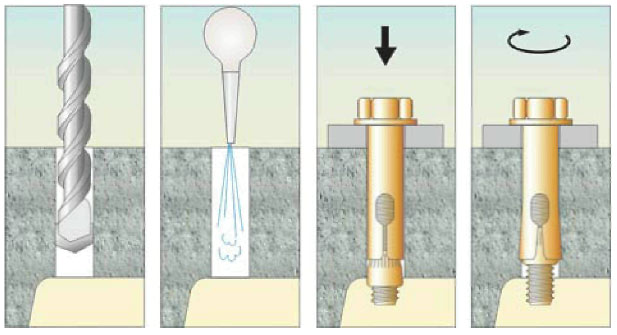
Another interesting and non-standard way is to hang cabinets from the ceiling on specialized cables. This option is optimal if you have the opportunity to attach the cables to the supporting beams.
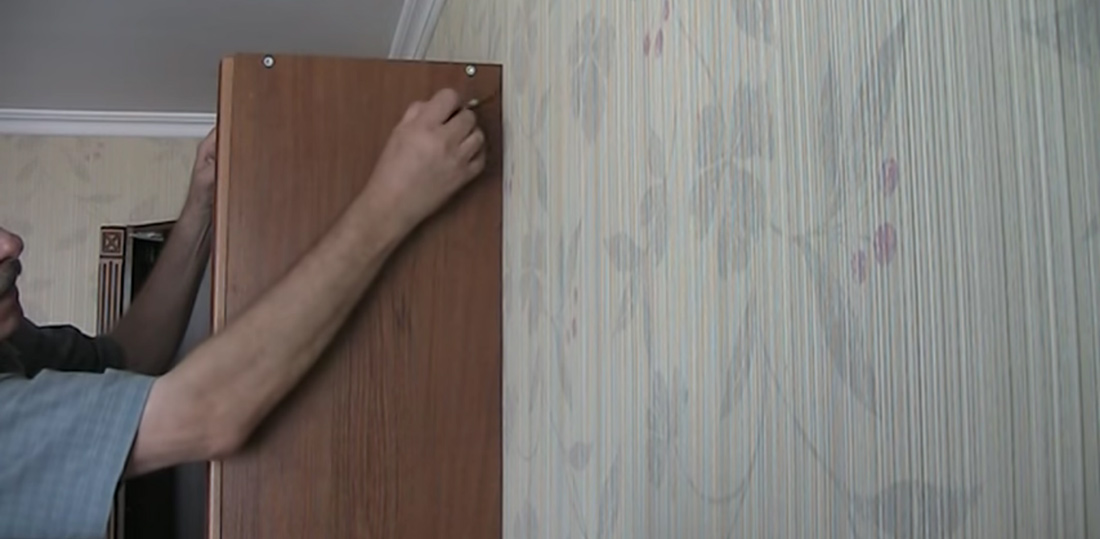
To install, you need to do the following.
- Drill holes with a diameter of 8 mm. A hook in the shape of the letter G must be fixed in them. A rope will be attached to the sky. A mandatory condition is that the hook must fit tightly to the wall. Otherwise, over time, the structure will begin to sag in some place, which will cause the structure to fall off the ceiling.
- You can contact specialists. Using special equipment, they will shoot hooks very close to the wall.
The other end of the cable is attached to the mounting points of the kitchen cabinet. This design is more reliable. It does not wobble, it stands tightly, as if "on a string". When purchasing cables, take care to cut them correctly. The length of each should be 10 cm longer. This is done for the bend to which the hook is attached.
- For particularly heavy furniture, additional load-bearing profiles are used. It is best to use rectangular types. Their rigidity coefficient is the highest. These poles are installed along the entire height of the plasterboard wall. They are mounted in the load-bearing ceiling and floor. Then the slats with the frame and plasterboard layer are attached to the poles.
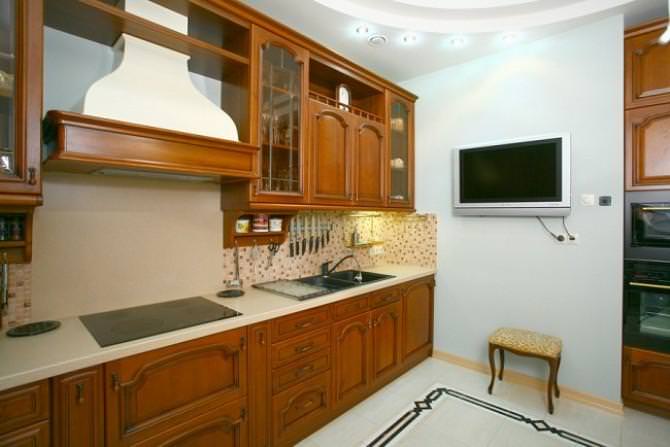
The whole process is quite feasible on your own at home. The actions do not require special knowledge, the main thing is to strictly follow the instructions. Despite all the advantages, plasterboard is a relatively new material in construction. Its properties and reliability have not been sufficiently tested, so it is better to consult with construction specialists. They will help you choose and install plasterboard. Remember that this material is afraid of moisture. It is better not to place it near an open source of water. It can gradually swell, become softer and more flexible.
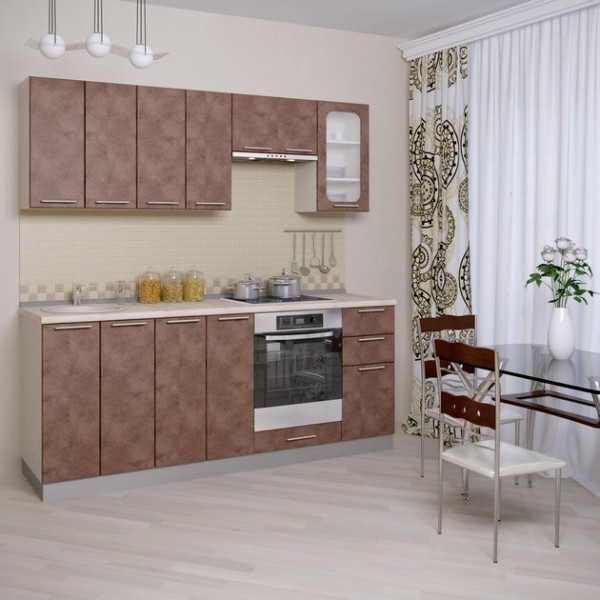

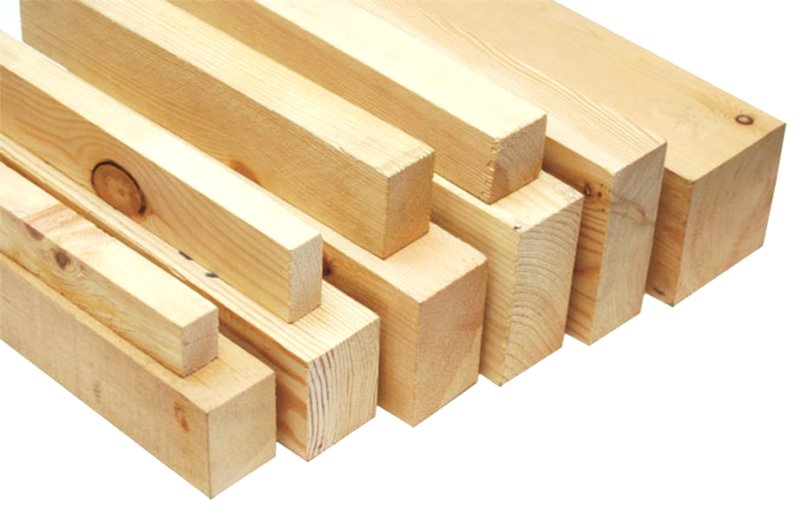
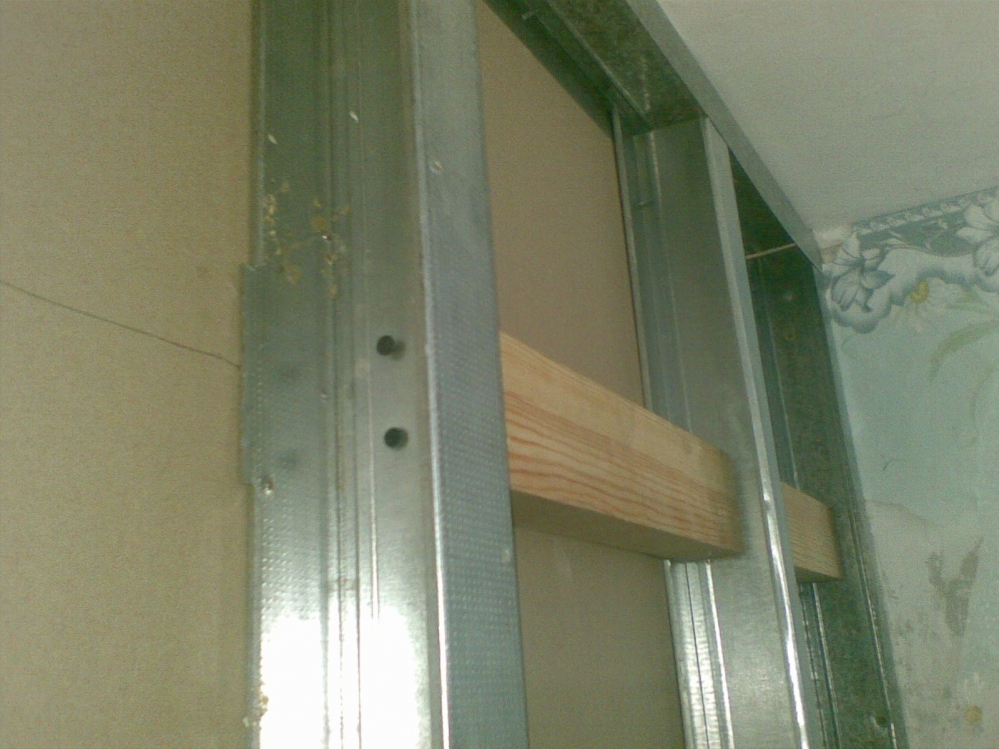
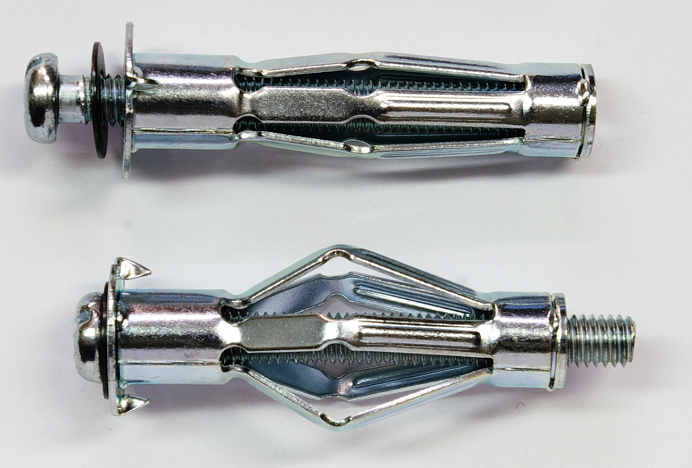
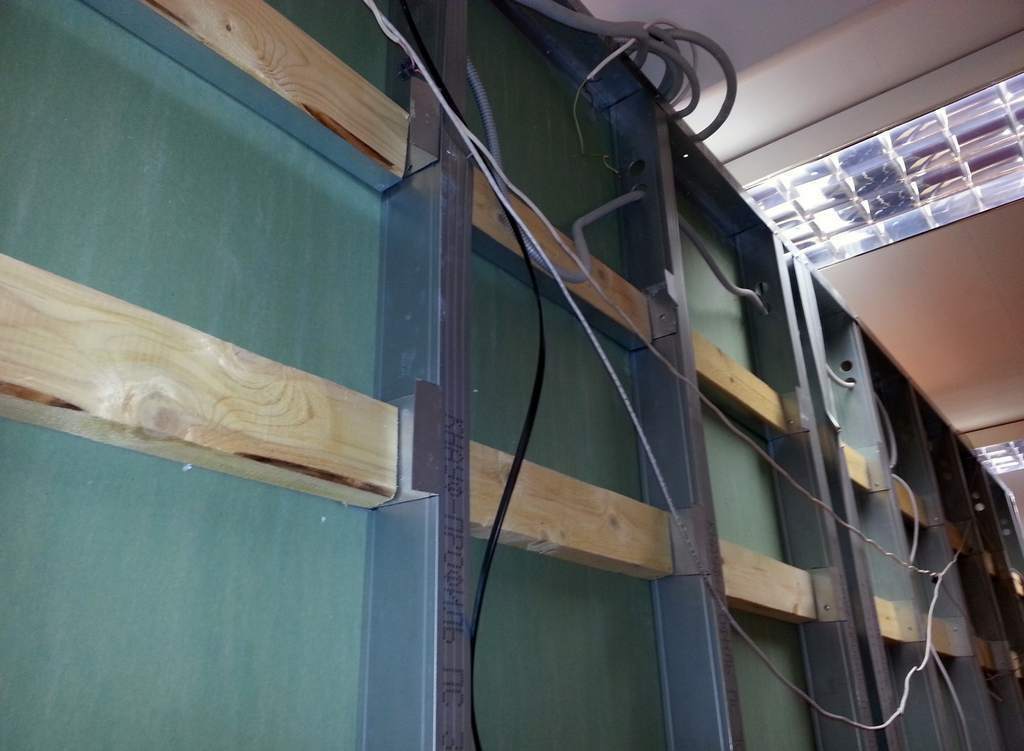
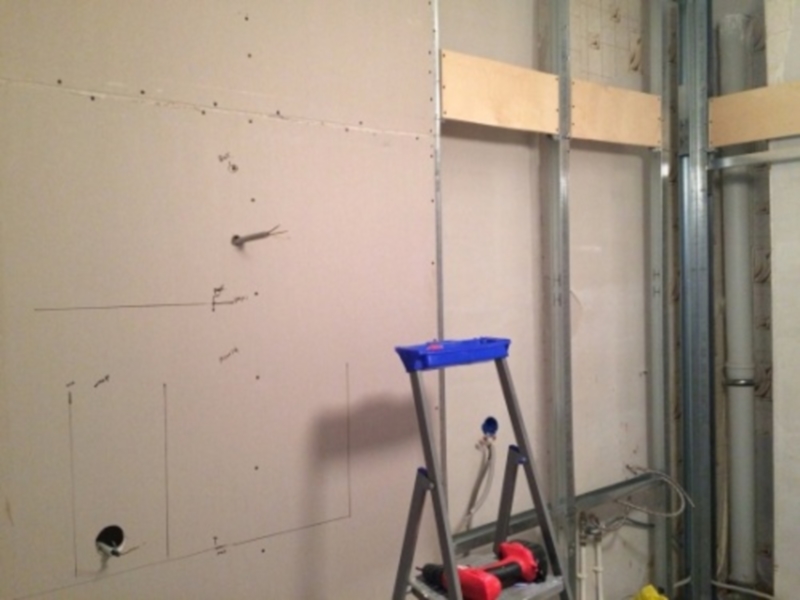
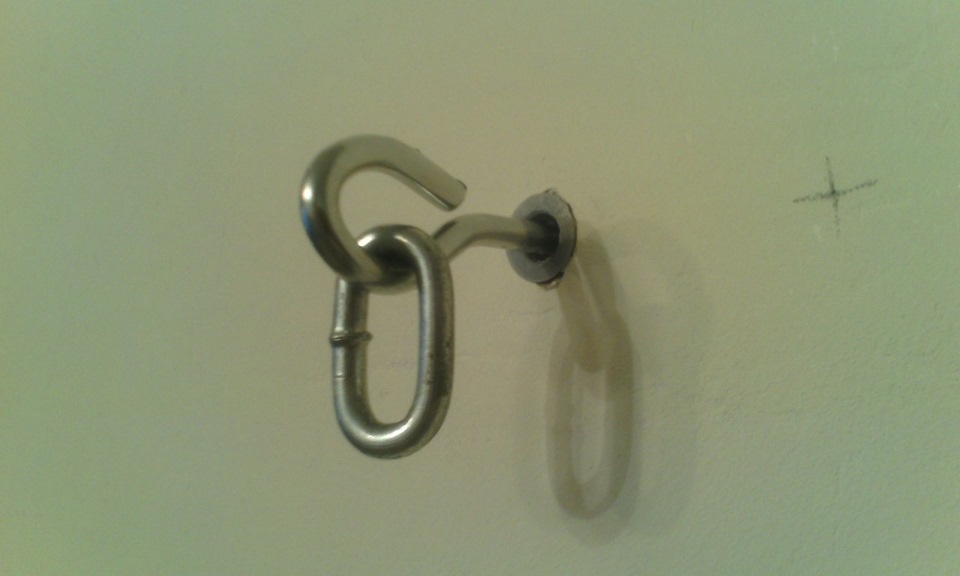
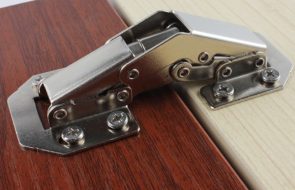
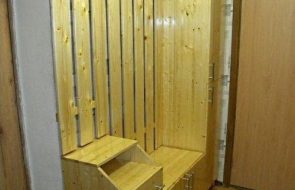
Using a rail for installation will significantly simplify the task of hanging cabinets, it is done quickly and does not require outside help.